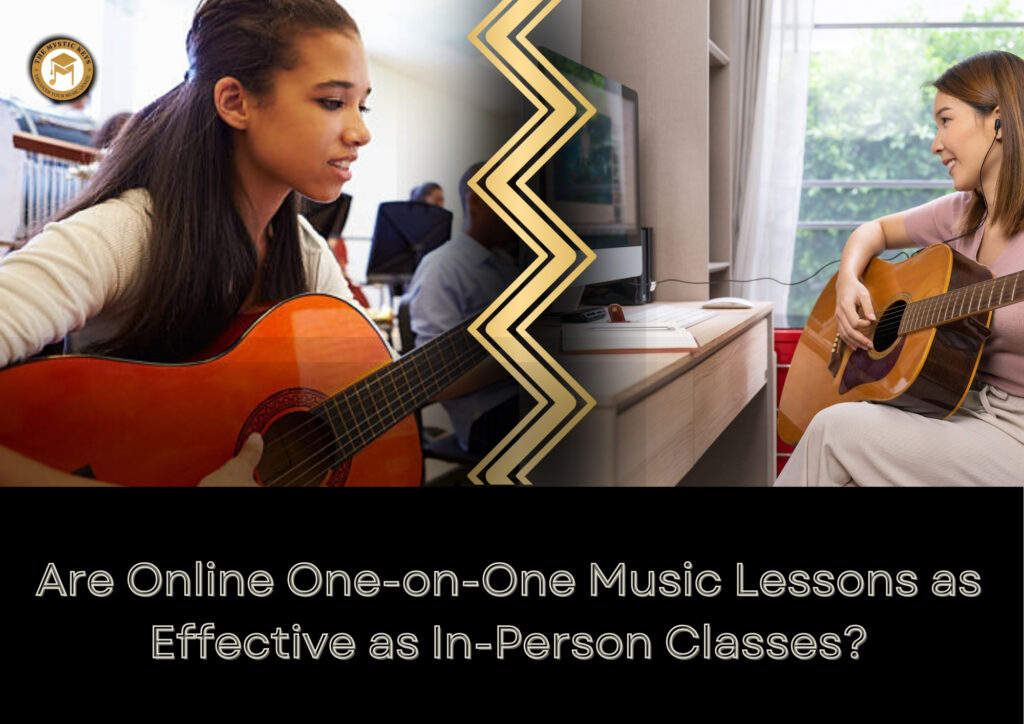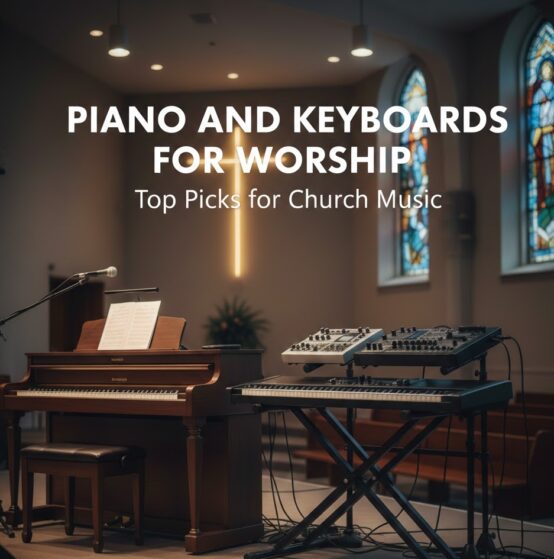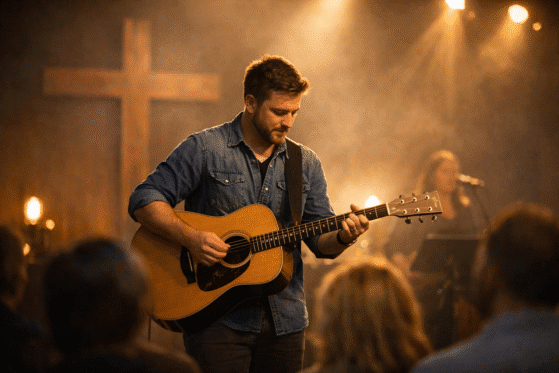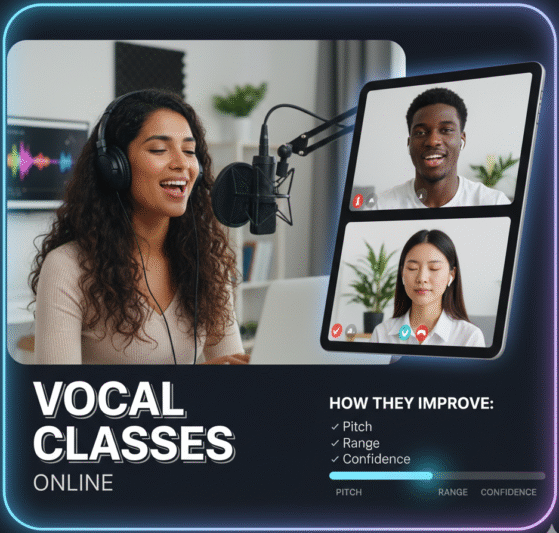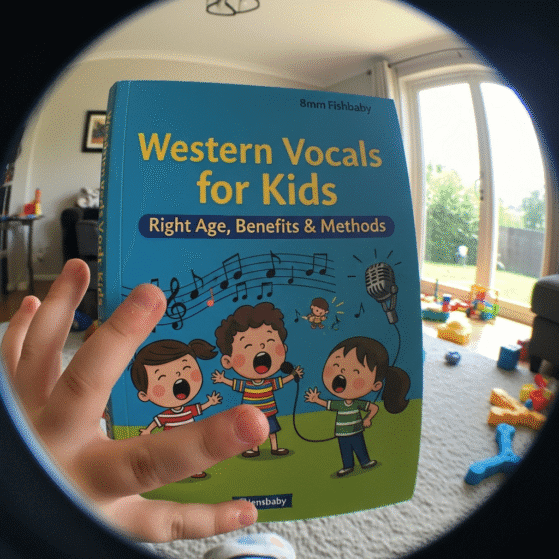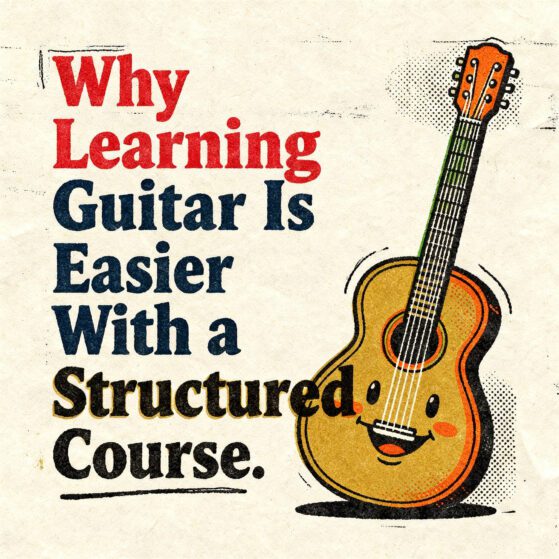Are Online Music Lesson as Effective as In-Person?
In recent years, online music lesson have gained significant popularity, especially as technology has made it easier to connect with expert instructors from around the world. One-on-one music lessons, where students receive personalized attention from a teacher, have traditionally been offered in-person. However, the rise of online music education has led many students and teachers to ask: Are online one-on-one music lessons as effective as in-person classes? This blog will explore the effectiveness of both online and in-person lessons, examining the pros and cons of each, and offering insights to help you decide which option might be best suited to your musical journey.
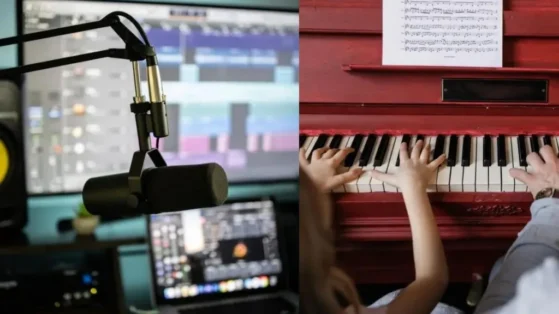
Personalization of Learning
In both online and in-person settings, one-on-one lessons offer a highly personalized learning experience. The teacher tailors the lesson to the student’s needs, skill level, and musical goals. This individual focus is one of the greatest advantages of private music lessons, regardless of the format.
In-Person Lessons: In in-person music lessons, students and teachers interact face-to-face. Teachers adjust their teaching style based on the student’s reactions and body language. They demonstrate techniques, like finger positioning or breath control, in a more understandable way. In-person classes also create a stronger connection, which motivates some students. Teachers can provide real-time feedback and correct mistakes immediately. This hands-on approach helps students grasp concepts faster. The personal connection fosters a supportive learning environment, encouraging growth and confidence.

Online Lessons: Online one-on-one lessons offer personalized instruction through video conferencing tools like Zoom or Skype. While these tools enable instant communication, internet connection issues or glitches can impact the learning experience. However, online teachers can still demonstrate techniques via video or screen sharing. They also use digital tools, such as online sheet music, interactive music theory platforms, and practice apps, to customize lessons for the student.

Convenience and Accessibility
One of the biggest selling points of online music lessons is convenience. For students with busy schedules, living in remote areas, or in places where finding a local teacher is difficult, online lessons can be a game-changer.
In-Person Lessons: Attending in-person lessons means committing to a specific location and schedule. Students must consider travel time, sometimes battling traffic or other challenges. For individuals with a busy lifestyle, finding time for regular in-person lessons can be difficult. Moreover, geographical location can limit a student’s access to top-tier music teachers in their area. 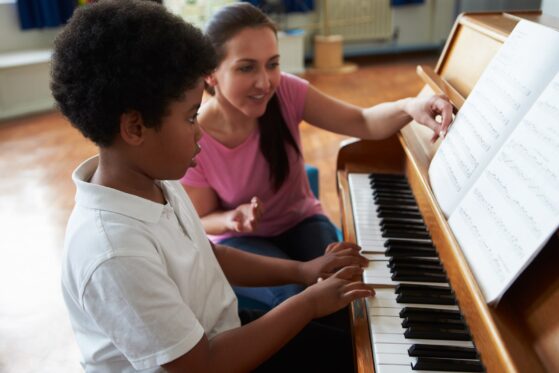
Online Lessons: Online music lesson provide unmatched convenience. Students can take classes from the comfort of their home, eliminating travel time. Whether you live in a bustling city or a remote area, you can access world-class teachers without the geographical restrictions. Additionally, online lessons can be scheduled at flexible times, making it easier to fit into your busy routine.
Moreover, online music education allows you to select teachers based on their expertise and teaching style, even if they are on the other side of the world. The ability to learn from teachers with specific specialties—be it classical, jazz, contemporary, or any other genre—opens up a wealth of opportunities for students.
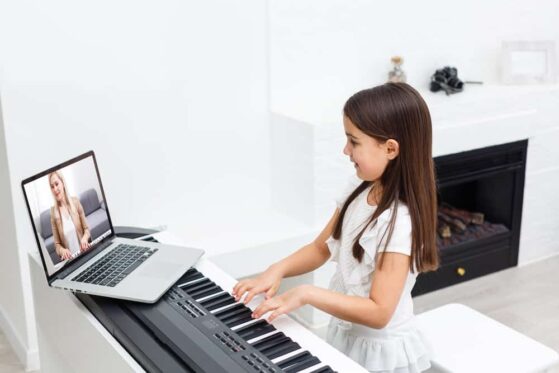
Teacher-Student Interaction
The dynamic between a teacher and a student can significantly impact the learning process. A strong, supportive relationship often helps students feel motivated, engaged, and confident in their abilities.
In-Person Lessons: In-person classes offer the immediate benefit of strong personal connection. Students can easily interact with their teacher, ask questions, and receive instant feedback. The teacher can physically demonstrate techniques and adjust the student’s posture or hand placement, ensuring a hands-on approach to learning. The non-verbal cues exchanged in in-person settings often strengthen the connection and enhance understanding.

Online Lessons: While online music lesson offer effective interaction through video calls, there may be slight limitations. The teacher cannot physically adjust the student’s body or instrument placement, which can be a significant challenge, especially for beginners. However, online teachers are skilled at using their verbal instructions and visual cues to guide students through techniques. The ability to record sessions also allows students to review lessons at their own pace, which can be a unique benefit of online lessons.
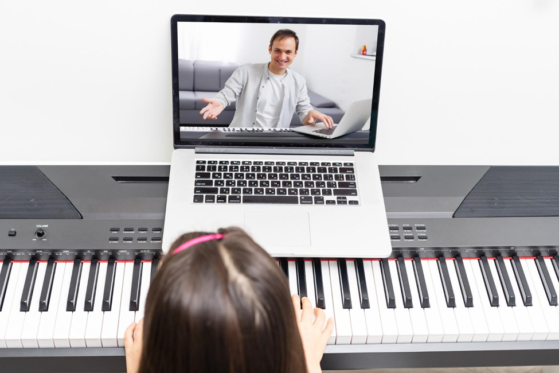
Learning Environment
The learning environment plays a crucial role in the success of music lessons. In-person lessons are often conducted in dedicated spaces, such as music studios or schools, which are specifically designed for musical practice.
In-Person Lessons: In-person lessons often take place in environments optimized for music learning, such as soundproof rooms with appropriate acoustics and equipment. This setup ensures students can focus entirely on the lesson without distractions. Additionally, the teacher can create a structured, professional environment that encourages concentration and commitment to the learning process.

Online Lessons: Online lessons take place in the student’s home, which could have both advantages and disadvantages. On one hand, students feel comfortable and relaxed in their own space, which can reduce anxiety and increase focus. On the other hand, potential distractions, such as pets, family members, or household chores, can interrupt the flow of the lesson. The quality of the sound and visual setup at home is also crucial. Investing in a good microphone, camera, and lighting can greatly enhance the online learning experience, helping the teacher see and hear the student clearly.

Cost-Effectiveness
The cost of music lessons can vary depending on various factors, including location, teacher expertise, and lesson length. In-person lessons typically come with additional costs due to overheads, such as studio space, transportation, and utilities.
In-Person Lessons: In-person music lessons may incur higher costs, especially for students who must travel long distances to attend classes. The pricing for in-person lessons often reflects the teacher’s studio space, travel time, and other logistical factors.
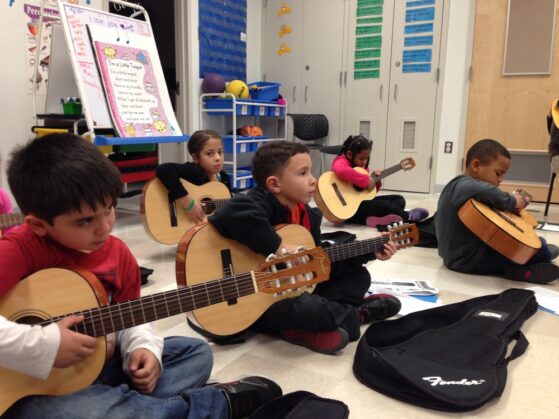
Online Lessons: Online lessons can often be more cost-effective. Without the need for travel or a dedicated studio space, teachers may offer lower rates for online instruction. Additionally, students can shop around for teachers across the globe, which might provide more affordable options than what is available locally. However, it’s important to consider the potential costs of investing in equipment, such as a high-quality microphone and camera, to ensure a smooth lesson experience.

Technical Considerations
One of the main drawbacks of online music lessons is the reliance on technology. The quality of the internet connection, video and audio equipment, and the digital tools used can all impact the learning experience.
In-Person Lessons: In-person lessons are not affected by the technical limitations that may arise with online classes. The teacher and student are physically present in the same location, and the communication is immediate and direct. There’s no risk of lag, poor video quality, or sound distortion.
Online Lessons: While technology can be a great asset, it also introduces potential challenges. For instance, poor internet connectivity can lead to delays, audio cutouts, or pixelated video. Certain musical nuances may be lost during an online lesson, especially when discussing tone, dynamics, or phrasing. However, many teachers and students have adapted to these challenges by using high-quality equipment and ensuring their connection is strong. Additionally, platforms like Zoom or Skype have introduced features such as screen sharing and recording, which enhance the online learning experience.


Adaptability and Resources
With the rise of digital tools, online music lessons have become increasingly adaptable and resource-rich. Online platforms can offer a variety of supplementary resources that can enhance learning.
In-Person Lessons: In-person lessons are typically more limited in terms of supplementary resources. While teachers can provide physical handouts or use a piano, guitar, or other instruments in the lesson, they are more constrained by the available space and materials. However, teachers can often use their teaching materials and instruments on the spot to clarify concepts and provide additional practice opportunities.
Online Lessons: Online music lesson can incorporate an extensive range of resources, such as digital sheet music, online music theory programs, video tutorials, and audio tracks. Many teachers also use learning management systems (LMS) to track a student’s progress and provide personalized assignments. For students who thrive on additional learning aids, online lessons offer a variety of resources to support their growth.


Conclusion | Which is More Effective?
Ultimately, both online one-on-one music lessons and in-person classes have their advantages, and the best choice depends on your needs and goals. If you value hands-on guidance and personal interaction, in-person lessons may suit you better. However, if you prefer flexibility, convenience, and learning from world-class teachers regardless of location, online lessons can be equally effective.
At The Mystic Keys you can enjoy the benefits of personalized one-on-one lessons from skilled instructors worldwide. Our flexible scheduling and expert teaching methods ensure a high-quality learning experience tailored to your goals.
Regardless of the format you choose, your commitment and passion for music are what truly drive success. Explore the possibilities with The Mystic Keys and take your musical journey to the next level!


